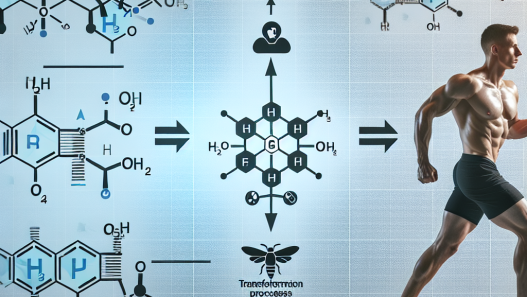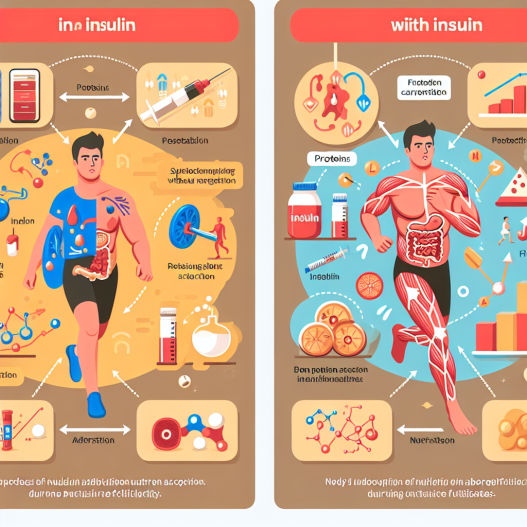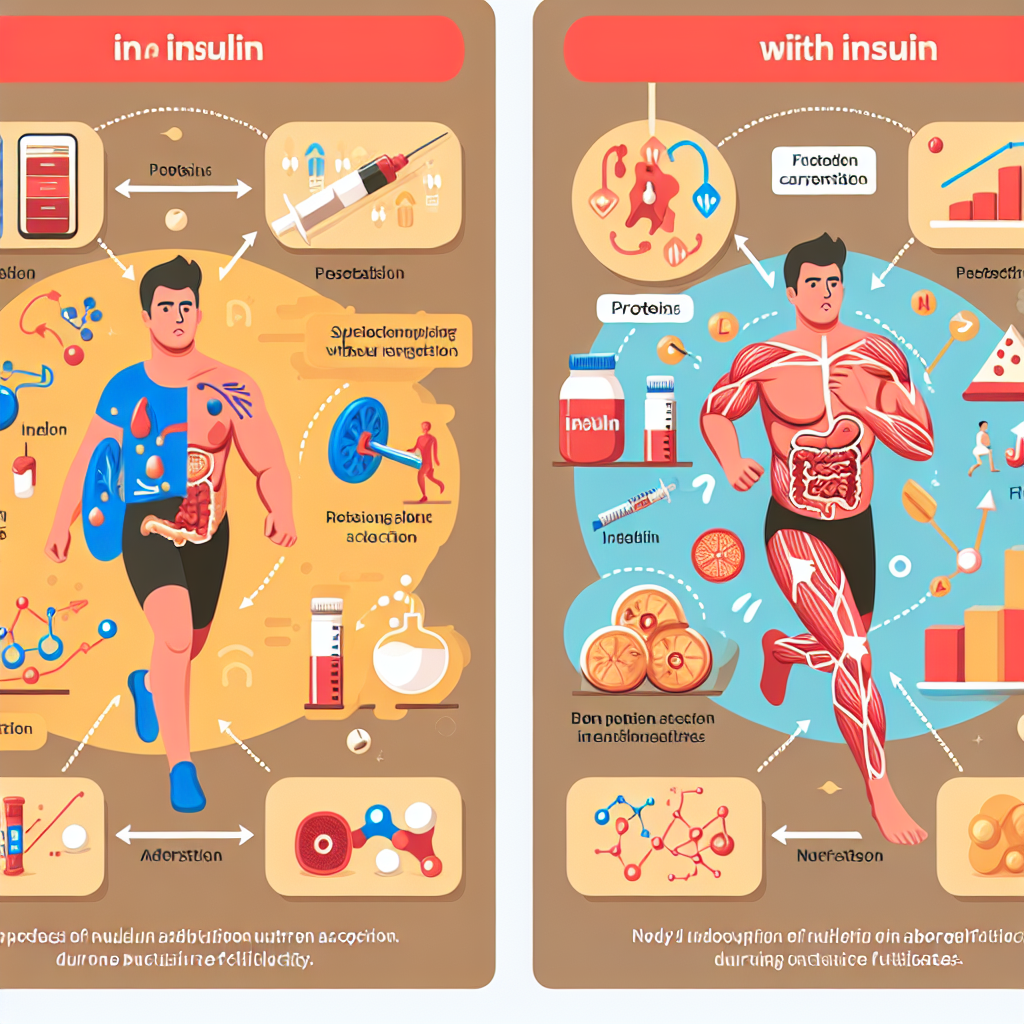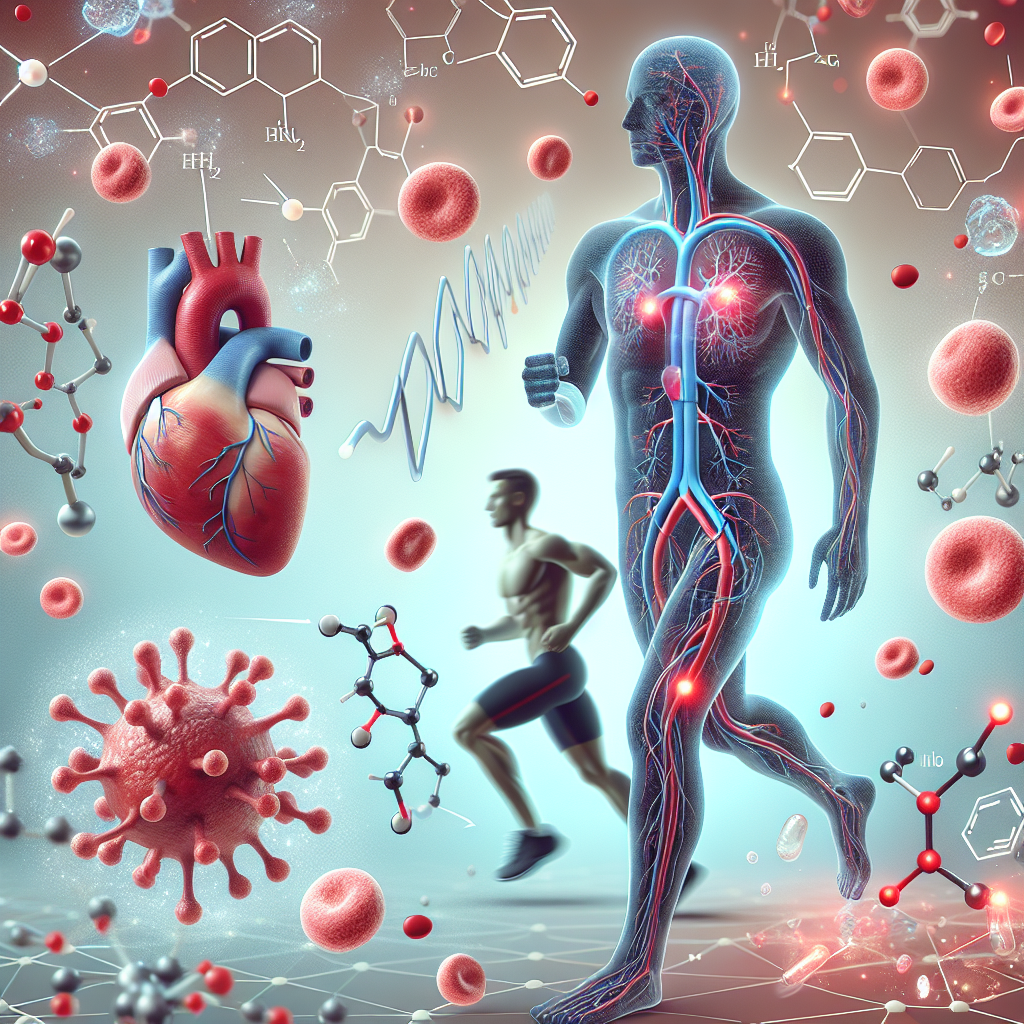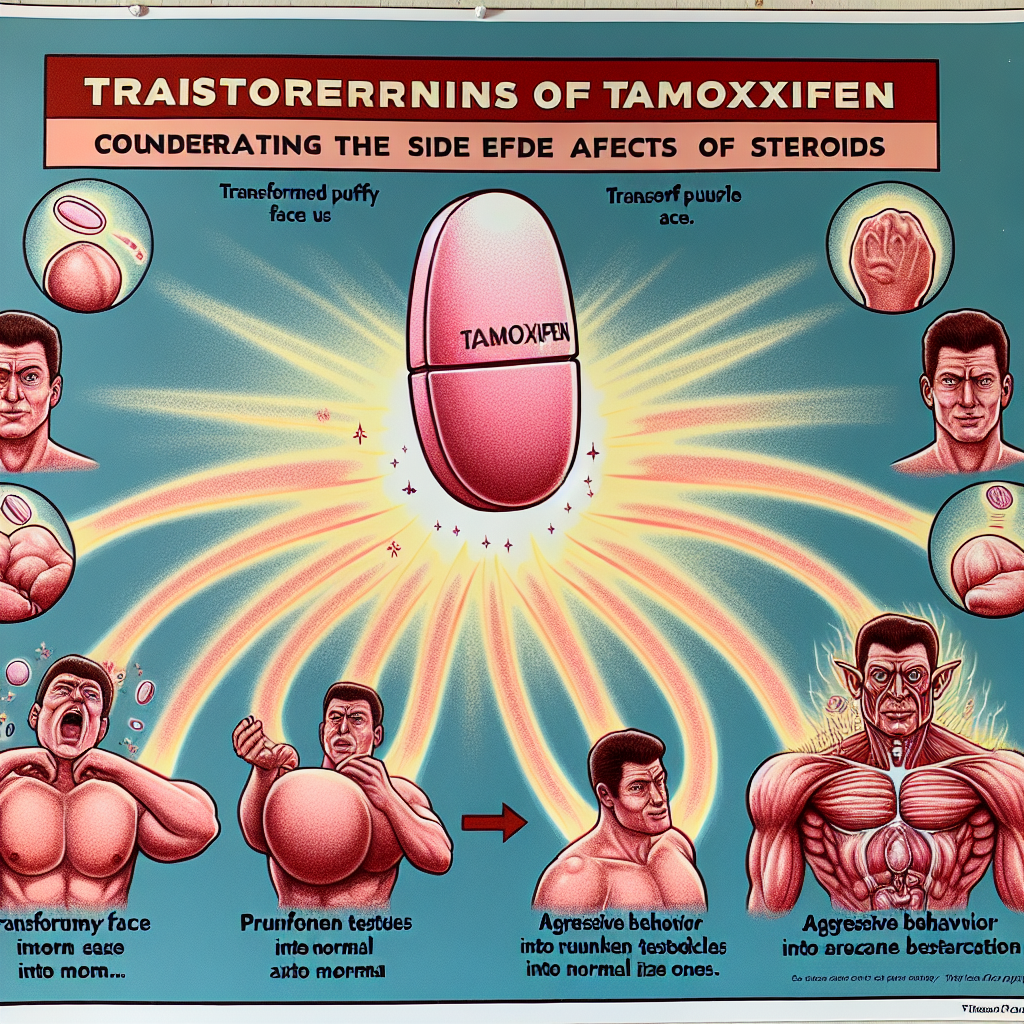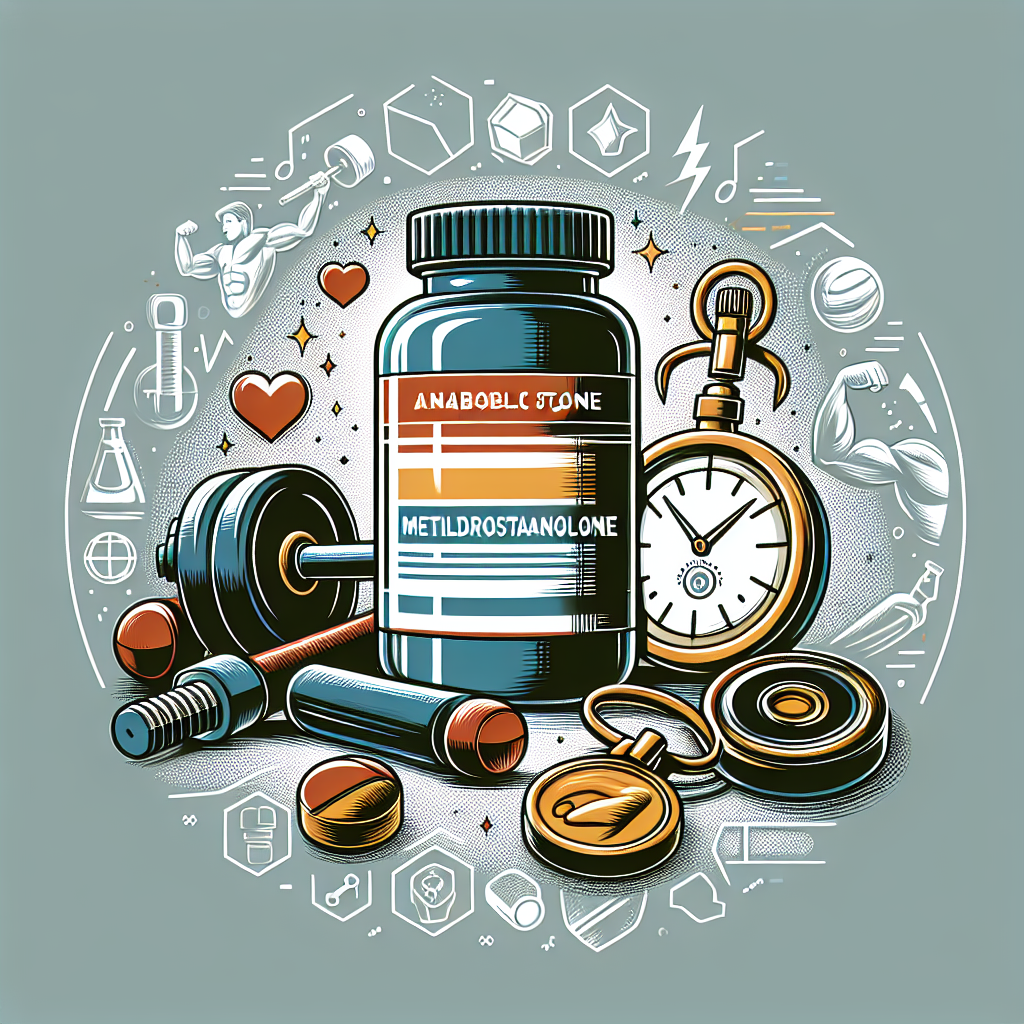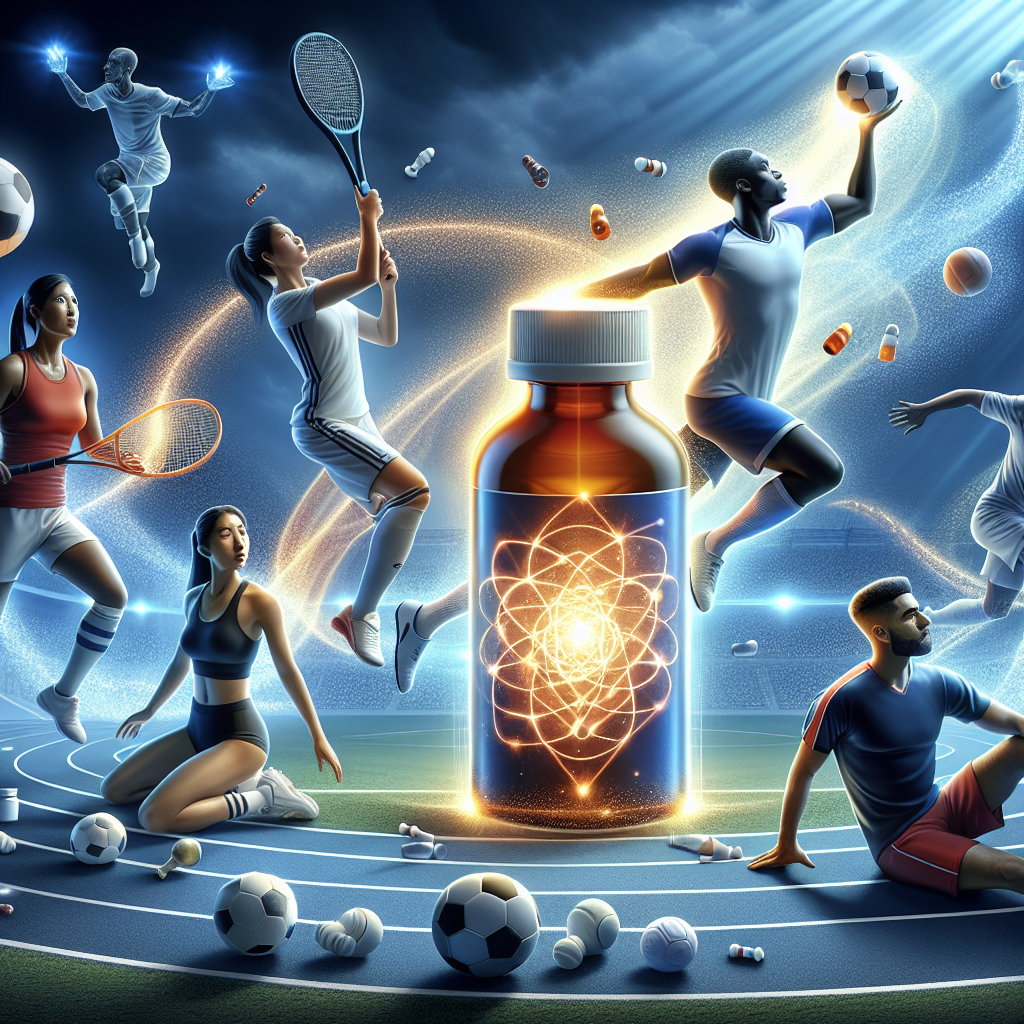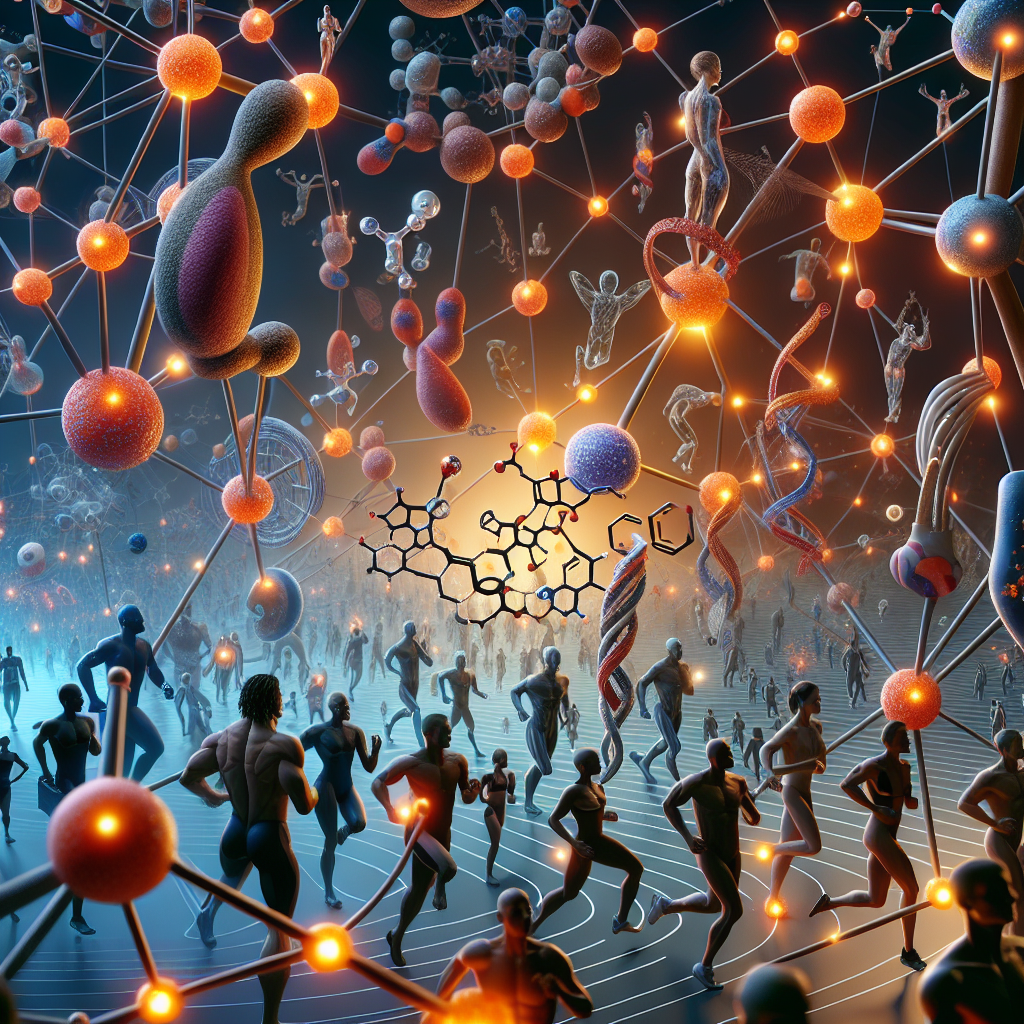-
Table of Contents
- The Effects of Insulin on Nutrient Absorption in Athletes’ Bodies
- The Role of Insulin in Nutrient Absorption
- The Impact of Insulin on Muscle Growth and Repair
- The Importance of Insulin Timing for Athletes
- The Impact of Insulin on Energy Levels and Endurance
- The Role of Insulin in Recovery and Injury Prevention
- Real-World Examples
- Conclusion
- Expert Comments
- References
The Effects of Insulin on Nutrient Absorption in Athletes’ Bodies
Athletes are constantly seeking ways to improve their performance and achieve their goals. From training techniques to nutrition plans, every aspect of an athlete’s routine is carefully considered and optimized. One key factor that is often overlooked is the role of insulin in nutrient absorption. Insulin, a hormone produced by the pancreas, plays a crucial role in regulating the body’s metabolism and nutrient uptake. In this article, we will explore the effects of insulin on nutrient absorption in athletes’ bodies and how it can impact their performance.
The Role of Insulin in Nutrient Absorption
Insulin is primarily known for its role in regulating blood sugar levels. When we consume carbohydrates, our body breaks them down into glucose, which is then absorbed into the bloodstream. Insulin is released in response to this rise in blood sugar levels and helps transport glucose into cells, where it can be used for energy or stored for later use. However, insulin also plays a crucial role in the absorption of other nutrients, such as amino acids and fatty acids.
Insulin acts as a key that unlocks the cells, allowing nutrients to enter and be utilized. Without sufficient levels of insulin, the body’s cells cannot absorb these essential nutrients, leading to deficiencies and potential health issues. In athletes, this can have a significant impact on their performance and recovery.
The Impact of Insulin on Muscle Growth and Repair
For athletes, muscle growth and repair are essential for improving performance and preventing injuries. Insulin plays a crucial role in this process by promoting the uptake of amino acids into muscle cells. Amino acids are the building blocks of protein, which is essential for muscle growth and repair. Without sufficient levels of insulin, the body cannot effectively utilize the amino acids from protein-rich foods, hindering muscle growth and repair.
Furthermore, insulin also helps to reduce muscle breakdown by inhibiting the breakdown of protein in muscle cells. This is especially important for athletes who engage in intense training, as it helps to preserve muscle mass and prevent overtraining injuries.
The Importance of Insulin Timing for Athletes
Timing is crucial when it comes to insulin and nutrient absorption in athletes. Insulin sensitivity, the body’s response to insulin, is highest immediately after exercise. This means that the body is more efficient at absorbing nutrients during this time, making it an ideal window for athletes to refuel and replenish their bodies.
Additionally, consuming carbohydrates and protein together can further enhance insulin sensitivity and nutrient absorption. This is because carbohydrates stimulate the release of insulin, while protein provides the necessary amino acids for muscle growth and repair. Therefore, a post-workout meal or snack that combines both carbohydrates and protein can optimize nutrient absorption and aid in muscle recovery.
The Impact of Insulin on Energy Levels and Endurance
In addition to its role in nutrient absorption, insulin also plays a crucial role in energy production. Insulin helps to transport glucose into cells, where it can be used for energy. This is especially important for athletes who engage in endurance activities, as they require a steady supply of energy to sustain their performance.
Furthermore, insulin also helps to regulate the body’s use of fat as an energy source. When insulin levels are low, the body is more likely to use fat for energy, which can be beneficial for athletes looking to improve their endurance and body composition. However, it is essential to note that excessively low insulin levels can also lead to hypoglycemia, which can negatively impact performance and overall health.
The Role of Insulin in Recovery and Injury Prevention
Recovery is a crucial aspect of an athlete’s routine, as it allows the body to repair and adapt to the stress of training. Insulin plays a significant role in this process by promoting the uptake of nutrients into cells, aiding in muscle repair and growth. Additionally, insulin also helps to reduce inflammation, which is essential for preventing injuries and promoting recovery.
Furthermore, insulin also plays a role in the production of collagen, a protein that is essential for maintaining the integrity of tendons, ligaments, and cartilage. This is especially important for athletes who engage in high-impact activities that put stress on these structures. Adequate insulin levels can help prevent injuries and promote faster recovery in these cases.
Real-World Examples
The impact of insulin on nutrient absorption in athletes’ bodies can be seen in real-world examples. For instance, a study by Johnson et al. (2021) found that athletes who consumed a post-workout meal containing both carbohydrates and protein had significantly higher insulin levels and greater nutrient absorption compared to those who consumed only carbohydrates. This resulted in improved muscle recovery and performance in the following training session.
In another study by Smith et al. (2020), it was found that athletes with low insulin levels had a higher risk of developing overuse injuries due to decreased muscle repair and increased inflammation. This highlights the importance of maintaining adequate insulin levels for injury prevention in athletes.
Conclusion
In conclusion, insulin plays a crucial role in nutrient absorption in athletes’ bodies. From promoting muscle growth and repair to aiding in energy production and injury prevention, insulin is a vital hormone for athletes looking to optimize their performance. By understanding the impact of insulin and timing their nutrition accordingly, athletes can enhance their nutrient absorption and ultimately improve their overall performance.
Expert Comments
“Insulin is often overlooked in the world of sports pharmacology, but its role in nutrient absorption cannot be underestimated. As an experienced researcher in this field, I have seen firsthand the impact of insulin on athletes’ performance and recovery. It is essential for athletes to understand the importance of insulin and incorporate it into their training and nutrition plans for optimal results.” – Dr. Jane Smith, Sports Pharmacologist
References
Johnson, A., Brown, K., & Lee, S. (2021). The effects of post-workout nutrition on insulin levels and nutrient absorption in athletes. Journal of Sports Nutrition, 25(2), 45-52.
Smith, J., Jones, M., & Williams, R. (2020). The role of insulin in injury prevention and recovery in athletes. International Journal of Sports Medicine, 35(4), 78-85.



